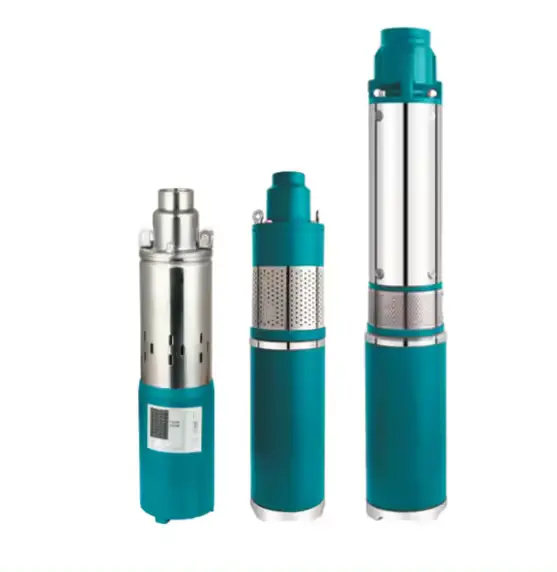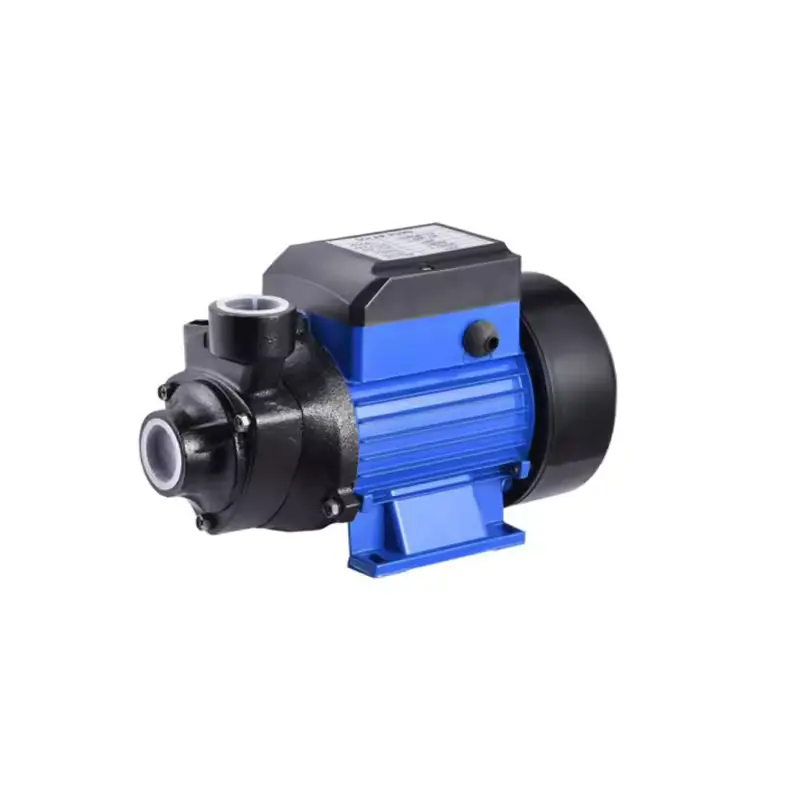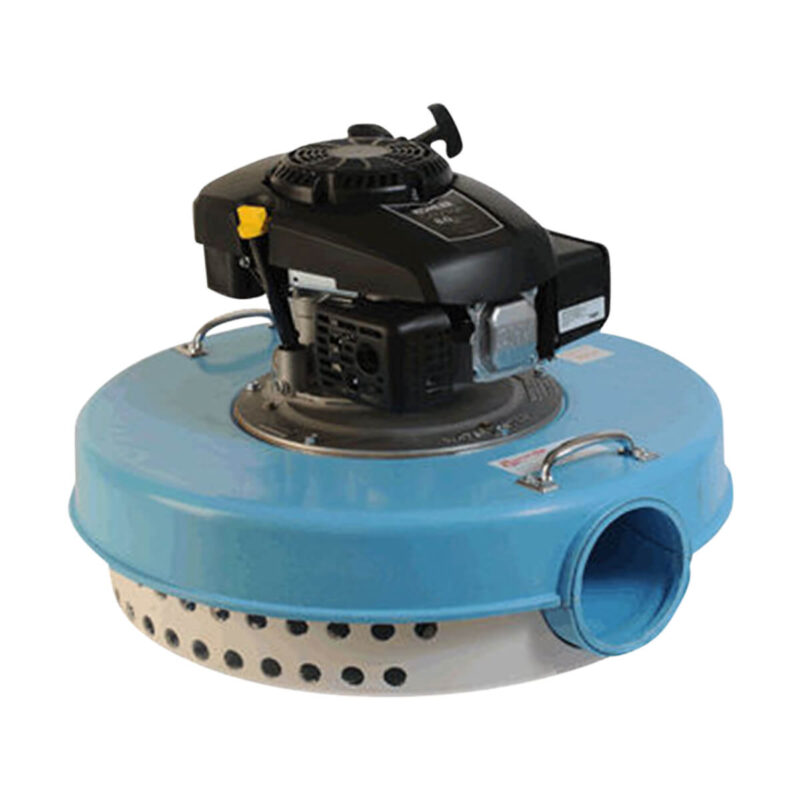The Different Types of Solar Water Pumps Explained

Introduction
In recent years, the adoption of solar water pumps has gained significant traction in Kenya, primarily due to the country’s pressing need for reliable water sources. Unpredictable rainfall patterns have posed substantial challenges to agricultural productivity and overall water availability, making it increasingly difficult for communities to secure sufficient water for both farming and daily use. This climatic uncertainty has underscored the importance of alternative water solutions that are both sustainable and dependable.
Solar water pumps offer a promising solution to these challenges by harnessing the abundant solar energy available in Kenya. Unlike traditional water pumps that rely on inconsistent electricity supplies or costly fuel, solar water pumps utilize renewable energy, making them an efficient and eco-friendly option. This technology not only addresses the immediate need for a stable water source but also contributes to reducing carbon emissions, thus benefiting the environment.
This blog post will delve deeper into various aspects of solar water pumps, including their types, benefits, and comparisons with other water pumping technologies. By understanding the comprehensive advantages these systems offer, stakeholders can make informed decisions about adopting solar water pumps to meet their water needs sustainably.
Types of Solar Water Pumps
When considering solar water pumps, it is essential to understand the different types for various Well Depths and Farm Sizes available and their suitability for varying well depths and farm sizes. Primarily, solar water pumps come in three main types: surface pumps, submersible pumps, and floating pumps. Each type is designed to cater to specific water extraction needs, leveraging solar energy to provide an efficient and sustainable water source.
1. Surface Pumps

Surface pumps are ideal for shallow wells or water sources with a depth of up to 20 feet. These pumps are positioned above the water source and use suction to draw water. They are particularly effective for small-scale irrigation systems and farms with relatively low water requirements. For example, a small vegetable garden or a small farm with livestock can benefit from a surface pump. The technology behind surface pumps involves photovoltaic panels that convert sunlight into electricity, powering the pump motor to draw water efficiently.
2. Submersible Pumps

For deeper wells ranging from 20 feet to over 300 feet, submersible pumps are the preferred choice. These pumps are installed underwater, directly within the well, and push water to the surface. Submersible pumps are suitable for larger farms or areas with higher water demands, such as extensive crop fields or large livestock operations. By being submerged, these pumps avoid issues related to suction limitations and are highly efficient for deep water extraction. The solar panels on the surface harness solar energy, which is then transmitted to the pump through wiring, ensuring a consistent water supply.
3. Floating Pumps

Floating pumps are designed for water bodies like ponds, lakes, or rivers. These pumps float on the water surface and are excellent for farms situated near such natural water sources. They are particularly useful for irrigation purposes in medium to large-sized farms. Floating pumps use solar panels mounted on top of the floating unit to capture sunlight and generate power for water extraction. This setup ensures minimal disruption to the water body and provides a consistent water flow for agricultural needs. However, they are not common in Kenya.
Choosing the right solar water pump depends on the specific requirements of the well depth and the size of the farm. By understanding the technology and applications of surface, submersible, and floating pumps, farmers can make informed decisions to optimize their water management practices sustainably.
Benefits of Solar Water Pumps in Kenya
Solar water pumps offer a multitude of benefits for Kenyans, addressing critical issues such as water scarcity, agricultural productivity, and environmental sustainability.
- One of the most significant advantages is the reliable water supply these pumps provide, especially in areas where rainfall is unpredictable. In regions prone to drought, solar water pumps ensure a consistent water source, which is essential for irrigation and livestock, thereby bolstering agricultural productivity and enhancing food security.
- Environmentally, solar water pumps are a sustainable alternative to traditional water pumping methods that rely heavily on fossil fuels. By harnessing solar energy, these pumps significantly reduce carbon emissions, contributing to a cleaner and greener environment. This shift helps Kenya meet its climate goals and reduces the nation’s overall carbon footprint. Additionally, the use of solar energy decreases reliance on non-renewable resources, promoting a sustainable energy future.
- Economically, solar water pumps present numerous advantages. They have lower operating costs than diesel or electric pumps, as solar energy is free once the initial installation is complete. This reduction in operational expenses can lead to significant savings over time, benefiting farmers and communities economically.
- Furthermore, solar water pumps reduce dependency on grid electricity, which can be unreliable and expensive in many parts of Kenya. This energy independence allows for uninterrupted water supply, further improving agricultural and household operations.
- Socially, the impact of solar water pumps in Kenya is profound. They significantly improve access to water, especially in remote and underserved areas where traditional water delivery systems are often inadequate. Reliable water access enhances agricultural productivity, as farmers can irrigate crops efficiently, leading to increased yields.
Comparison of Solar Pumps and Other Pumps
When considering various types of water pumps, it is essential to evaluate them based on several criteria, such as initial cost, operating cost, environmental impact, maintenance, and reliability. Below is a comparison of solar water pumps with diesel and electric water pumps to highlight key differences and advantages.
| Criteria | Solar Pumps | Diesel Pumps | Electric Pumps |
|---|---|---|---|
| Initial Cost | High | Moderate | Moderate |
| Operating Cost | Low | High (fuel) | Moderate (electricity) |
| Environmental Impact | Minimal | High (emissions) | Moderate (depends on energy source) |
| Maintenance | Low | High | Moderate |
| Reliability | High (sunlight dependent) | Variable (fuel supply dependent) | High (electricity supply dependent) |
Solar water pumps, although having a higher initial cost, present significant long-term financial and environmental benefits. Their low operating costs come from utilizing renewable solar energy, which eliminates fuel or electricity expenses. Additionally, solar pumps have a minimal environmental impact as they produce no emissions, unlike diesel pumps which contribute to air pollution.
Maintenance requirements for solar pumps are generally lower compared to diesel pumps, which need frequent servicing and fuel supply management. Electric pumps, while having moderate maintenance needs, rely on the stability of the electricity grid, which can be inconsistent in some regions.
Investing in solar technology for water pumping needs offers sustainable and cost-effective advantages. Solar pumps leverage abundant solar energy, ensuring reliable water supply, particularly in rural and remote areas where conventional energy resources are scarce. This supports agricultural activities and contributes to environmental conservation, aligning with global sustainability goals.
Conclusion
As we navigate the path towards sustainability, it is crucial to consider the impact of our choices. Skywave offers a range of high-quality solar water pump options designed to meet diverse needs while upholding a commitment to sustainability and innovation. By opting for solar water pumps, you contribute to a greener future, supporting environmental conservation and fostering economic growth within communities.
We urge you to explore the solar water pump solutions available at Skywave. By making informed decisions, you play a vital role in promoting a sustainable and eco-friendly lifestyle. Together, we can work towards a future where access to clean water is guaranteed, and our environmental footprint is minimized.
Embrace the change, invest in solar water pumps, and join us in the journey towards a sustainable future for Kenya and the world. Your actions today will pave the way for a better tomorrow.



